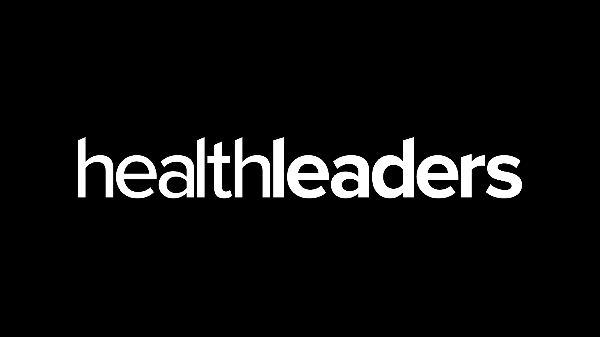All-star technology and medical team raises $20 million in funding led by Venrock, First Round, Social Capital, and Marc Benioff
Suki announced today that after a year of developing its product and building its team, it has raised $20 million to fuel an artificial intelligence-powered, voice-enabled digital assistant for doctors. By alleviating administrative work like medical charting in electronic health records (EHRs), Suki enables doctors to focus on what they love: taking care of patients.
“Health care needs so many things to be freed from its soul-less costly state. It needs a working demand curve, and better transparency, but it also needs a platform company ecosystem. Suki is the first company to emerge as a pure-play platform ecosystem company,” said Jonathan Bush, CEO of athenahealth.
Formerly known as Robin AI, Suki aspires to create a new kind of health care software stack, one that is invisible to the doctor yet there when they need it. The $20 million in funding comes from a Series A of $15 million that was led by Venrock. Also investing are First Round and Social Capital, as well as individual Googlers and angels, Nat Turner of Flatiron Health, and Marc Benioff. Venrock also led the seed round.
“AI is changing the world around us, and it’s about time that it does the same for health care,” said Punit Soni, chief executive officer and co-founder of Suki. “Doctors are spending too much of their day focused on paperwork and not on patient care, leading to an alarming rate of doctor burnout. With Suki, we have created a solution that is personalized to each doctor, inexpensively scalable, and easy to implement to make your work day easier. It’s like having an assistant in the exam room with you who knows how you practice.”
Suki currently has 12 active pilots within internal medicine, ophthalmology, orthopedics, and plastic surgery practices in California and Georgia. In these practices, Suki is used five days per week across three different EHR systems – with preliminary results showing Suki cuts the amount of time physicians spend on medical notes up to 60 percent – leading to better notes and happier doctors. By way of comparison, on average, for every hour of direct clinical facetime with a patient, physicians spend nearly two additional hours on medical paperwork.
“Suki and the artificial intelligence it brings to the electronic medical record will dramatically improve a physician’s ability to spend more time with the patient and less time in front of a computer. Providers will enthusiastically embrace this leap forward in health care technology,” said Michael Behr, MD, medical director, OrthoAtlanta, and a participant in Suki’s pilot.
Suki not only improves the accuracy of the data it captures, over time, it can search and retrieve patient data like imaging files. Additionally, it will be able to distill a doctor’s conversation with a patient into an actionable plan, based on the doctor’s known preferences and clinical practice guidelines. The doctor can tell Suki, “I’m concerned this patient has the flu,” and Suki will take the initiative to document the conversation in the proper format, with a proposed plan of care based on the way that doctor typically treats a patient with suspected flu. And if the doctor prescribes medication, Suki will stage and route the order through the health record system.
Led by technologists and clinicians who have built cutting-edge technology and consumer, health care, and enterprise products for Apple, Google, Salesforce, and 23andMe, Suki was founded by Punit Soni (former executive at Google, Motorola, and Flipkart) and Karthik Rajan (previously led infrastructure at Oracle and Salesforce). Rounding out its clinical and health care industry proficiency are Drs. Nathan Gunn and Erin Palm who bring deep expertise and backgrounds from the University of California San Francisco, Stanford, and McKinsey.
“There is so much potential in the data collected in EHRs, but what we need to do is make it easier for doctors to input that data without having to outsource a legion of scribes or buy dictation software that isn’t intelligent. Suki solves that problem,” said Qammer Bokhari, MD, chief medical information officer at Adventist Health System, and a Suki investor.



